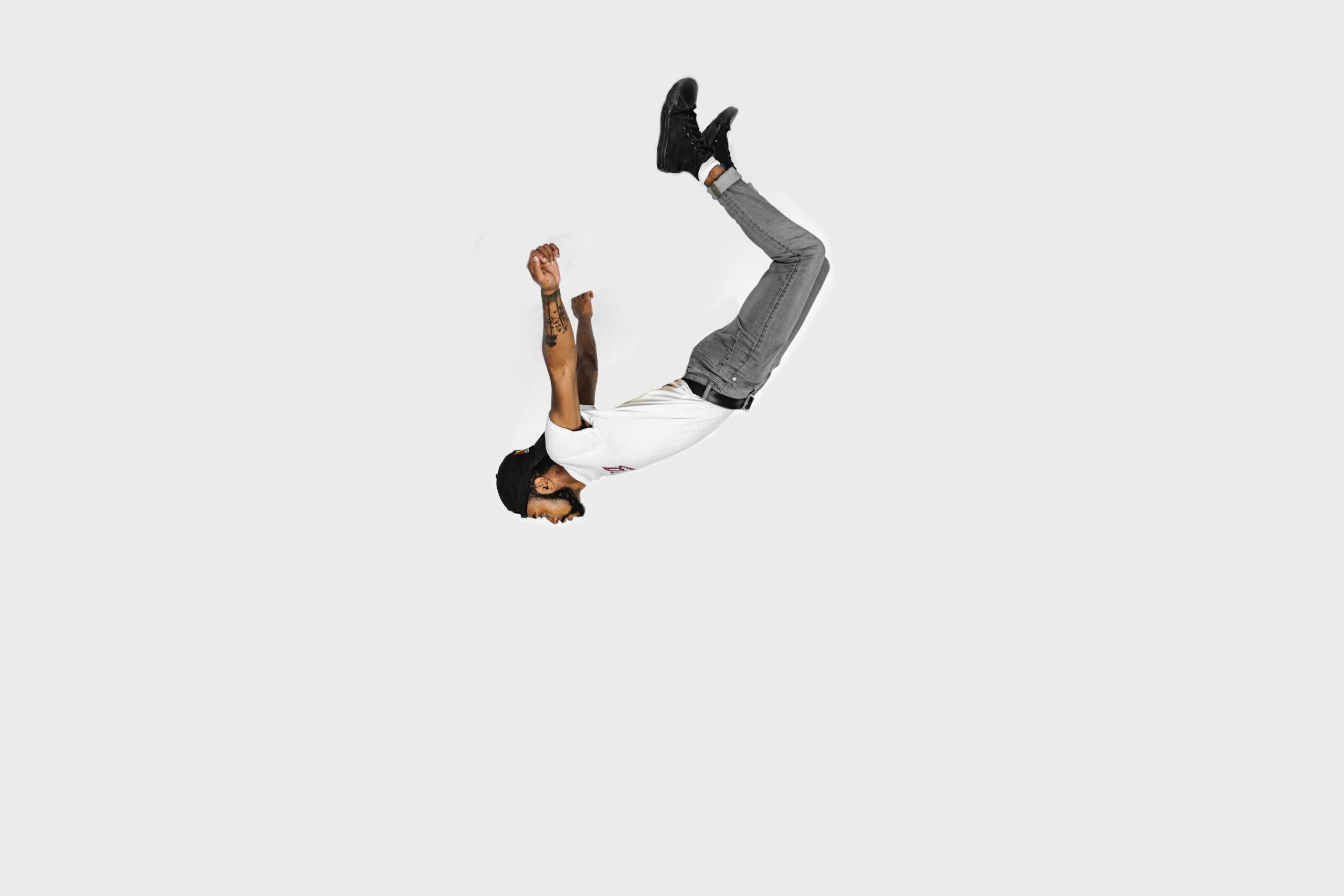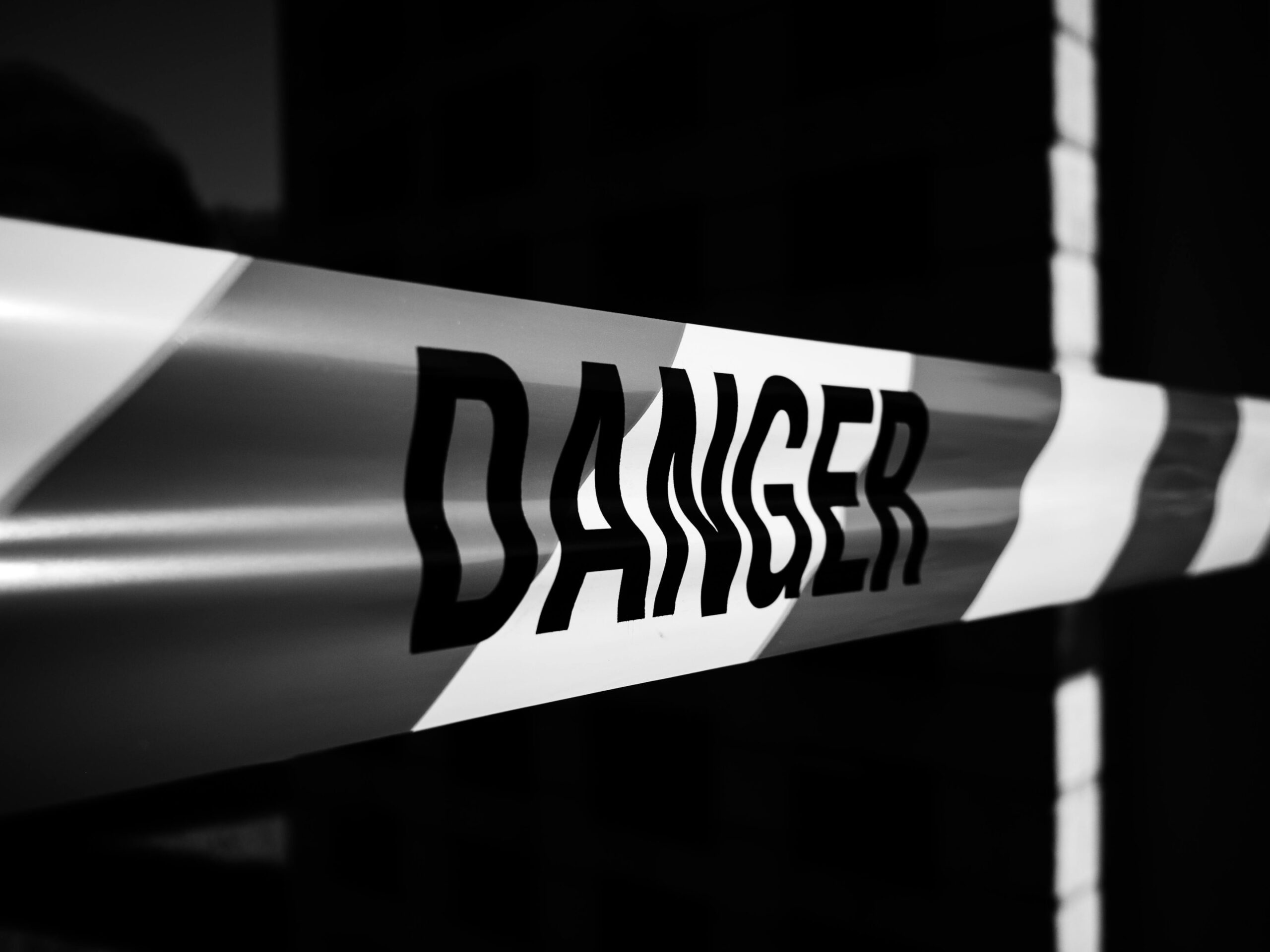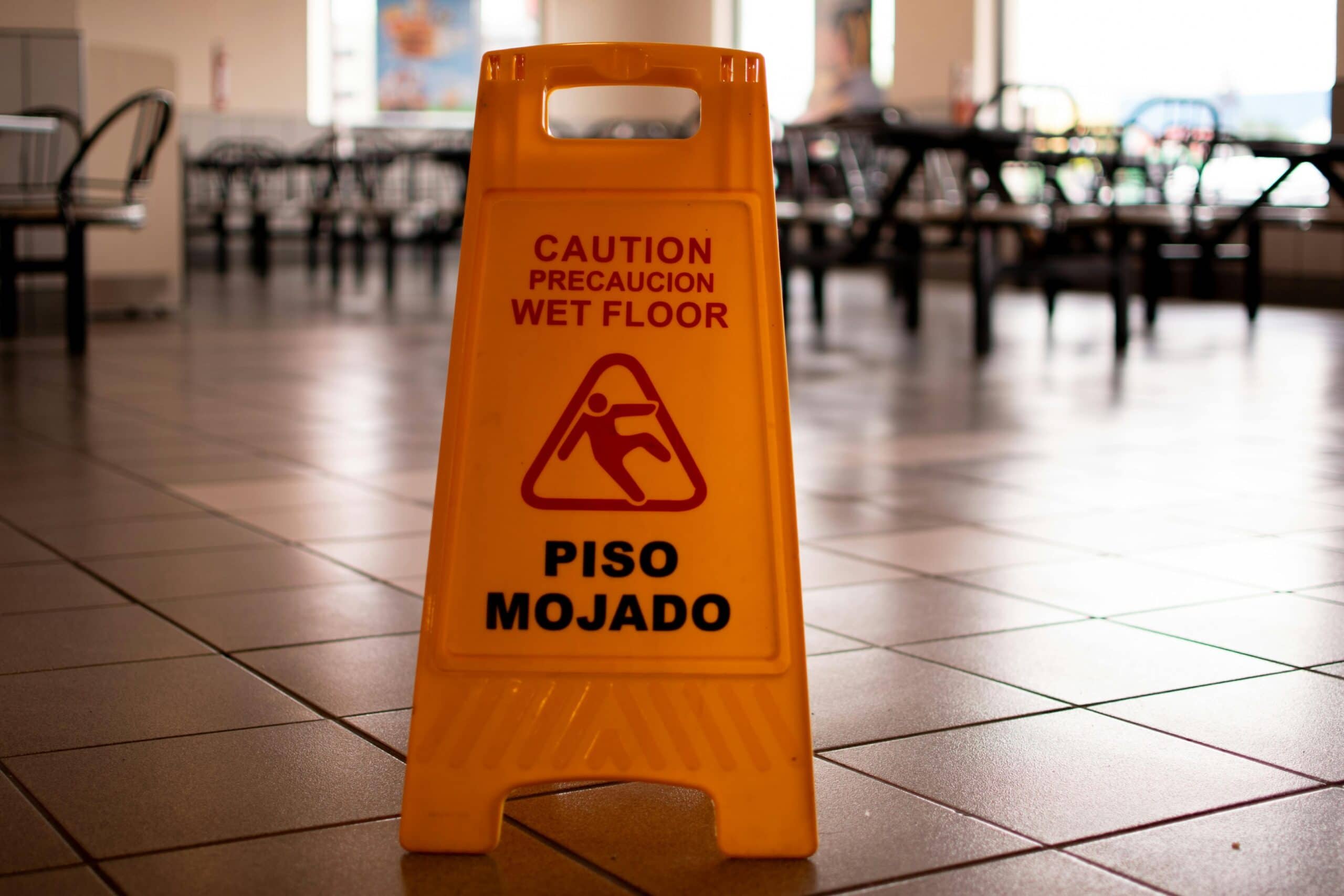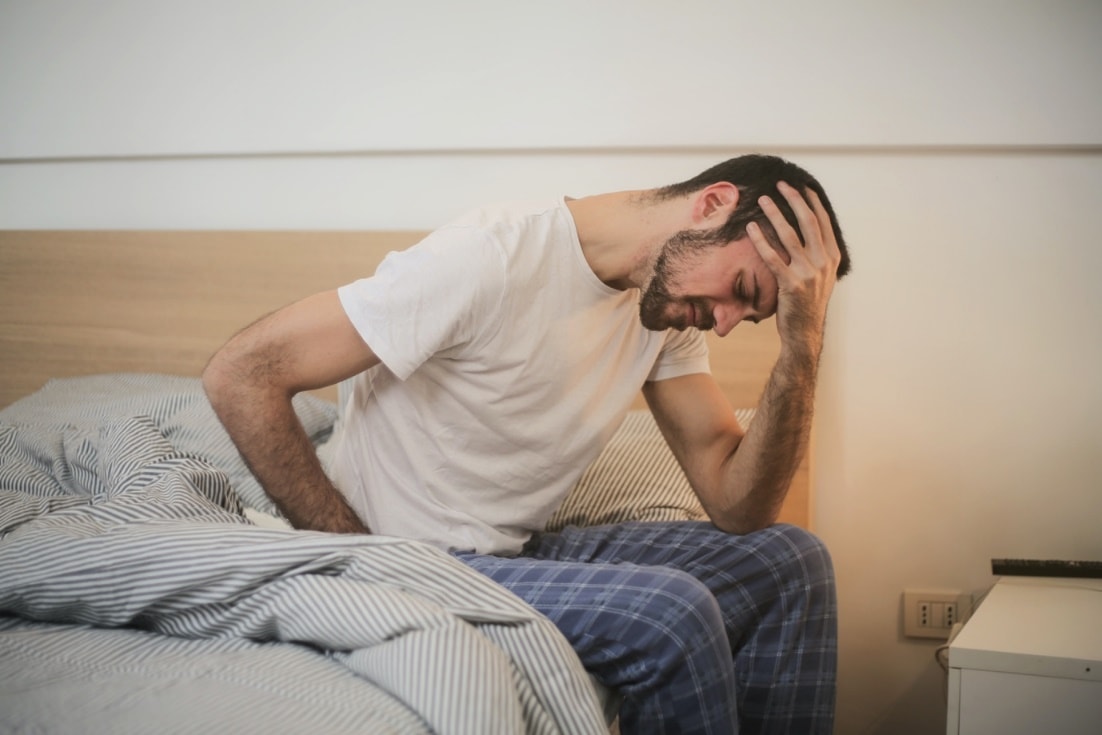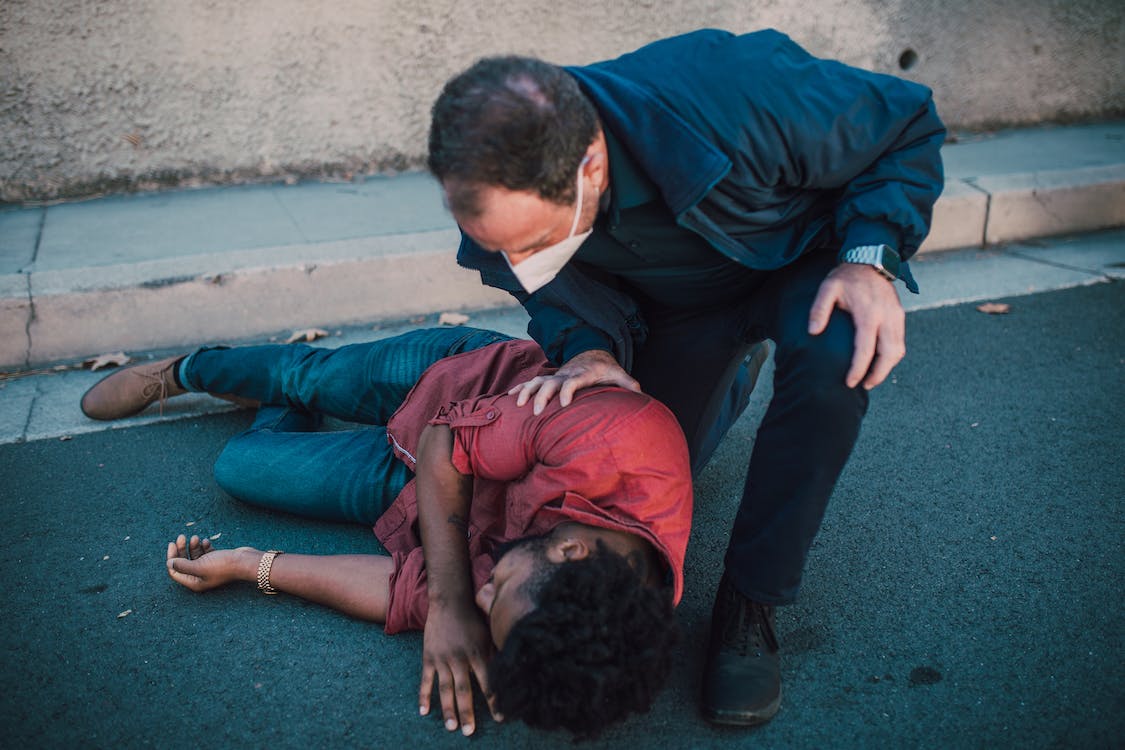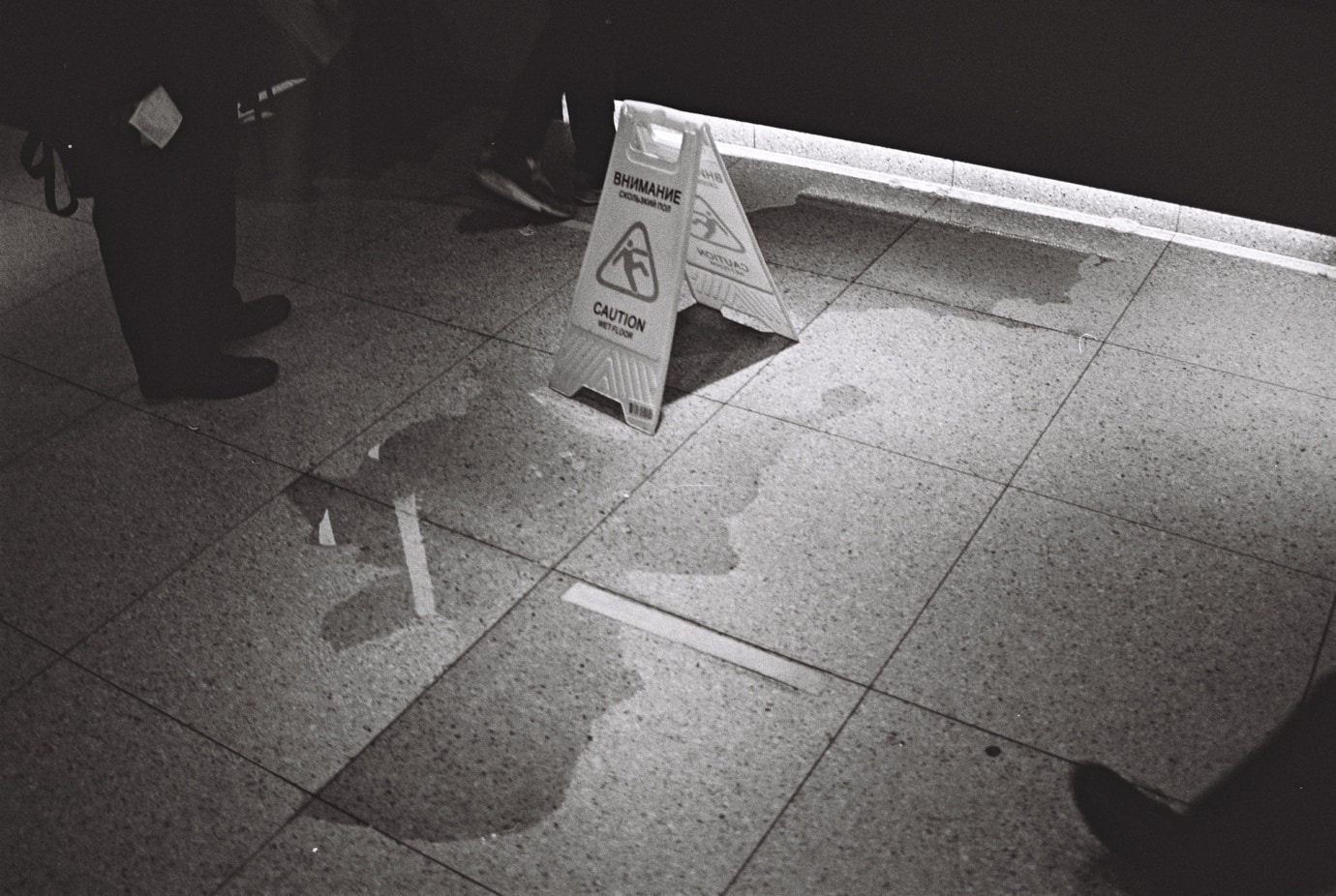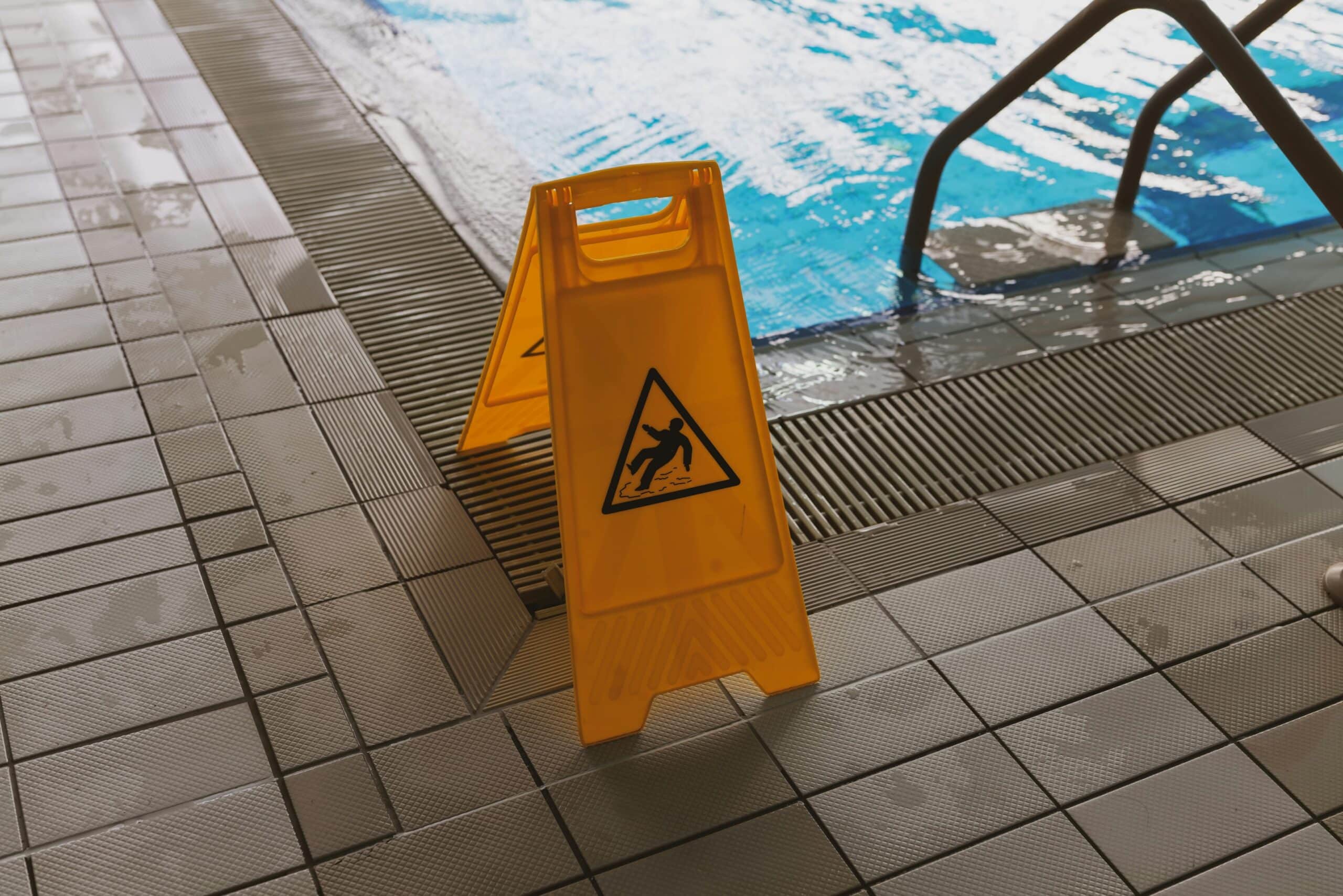
It only takes a second. One misstep, one uneven floorboard, one slippery surface—and life changes. Fall accidents are among the most common causes of serious injuries in the United States. But what makes things worse isn’t always the injury itself—it’s how insurance companies try to deny or downplay your slip and fall claim.
When a fall incident happens due to a property owner’s negligence, victims deserve fair compensation, and the law specifically addresses the property owner’s negligence in premises liability cases. However, insurance companies often use unfair tactics to minimize payouts and avoid responsibility. That’s where the law steps in. In this article, we’ll explore the specific laws that protect slip and fall victims, explain how insurance companies operate, and help you understand how legal representation can secure a fair settlement.
Understanding Premises Liability Laws
At the core of any slip and fall incident is premises liability law. This law holds property owners legally responsible for keeping their property safe for visitors. If a property owner fails to fix dangerous conditions or warn others about them, they may be held liable for any resulting injuries.
Examples of dangerous conditions include:
Wet or greasy floors without signage
Broken steps or loose handrails
Uneven sidewalks or cracked pavement
Poor lighting in stairwells
The law states that property owners have a legal obligation to maintain safe conditions. If the property owner knew—or should have known—about the hazard and didn’t address it, they may be considered negligent.
In premises liability cases, the injured party (the fall victim) must prove negligence. This means showing that the property owner’s actions—or inaction—caused the fall. These laws protect injury victims by making negligent property owners accountable for the harm caused by unsafe environments.
How Insurance Companies Use Unfair Tactics Against Fall Victims
After a slip-and-fall incident, most victims file a fall claim through the property’s insurance company. While this might seem straightforward, soon, many fall victims discover that insurance companies don’t play fair.
Many insurance adjusters work to protect their company’s bottom line, which can result in attempts to minimize payouts for legitimate claims.
Common insurance company tactics include:
Offering a lowball settlement right after the fall, hoping the victim will accept without understanding their rights.
Delaying the claim process to pressure victims under financial strain.
Using surveillance footage out of context to discredit legitimate claims.
Arguing that the injured party was at fault or “should have been more careful.”
Ignoring prior complaints about hazardous conditions to hide the property owner’s liability.
Some even engage in bad faith practices, such as denying valid claims without explanation or misrepresenting the insurance policy limits to reduce payouts. These tactics make the legal process harder for victims already dealing with pain, medical bills, lost wages, and the need to maintain clear medical records to support their claim.
The Legal Protections Available for Slip and Fall Victims
Thankfully, various state laws exist to shield victims from these unjust insurance strategies. While consumer protection laws offer general safeguards, most legal protections in slip and fall cases come from state-specific premises liability and insurance regulations.
Let’s break down a few:
1. Premises Liability Protections
Premises liability laws outline clear rules for what makes a property owner responsible. If a property owner failed to maintain safety, and you were injured because of it, the law is on your side.
2. Bad Faith Insurance Laws
Every state prohibits insurance bad faith. If an insurance company unfairly denies or delays your fall claim, they may face penalties, including lawsuits.
3. Duty of Care
Property owners owe a “duty of care” to visitors. If a store owner, landlord, or public entity ignores that duty, they are legally responsible for your medical treatment and damages.
These laws give fall victims the legal right to pursue full and fair compensation for their injuries, medical costs, and lost income when insurance companies use unfair tactics.
Laws Against Bad Faith Insurance Practices in California, Nevada, and Colorado
When insurance companies act in bad faith—by delaying, denying, or undervaluing legitimate claims—they violate laws specifically designed to protect fall victims and other injury victims. Each state enforces legal standards that hold insurance providers accountable when they use unfair tactics to avoid paying fair compensation.
California:
Under California Insurance Code § 790.03(h), insurers must not engage in deceptive or unfair practices. The law outlines specific unfair claims settlement practices, such as:
Misrepresenting insurance coverage or policy terms
Failing to investigate claims promptly
Delaying or denying payment without reasonable cause
Pressuring claimants to settle for less than they deserve
If an insurance company ignores available insurance coverage, misrepresents policy details, or delays valid slip and fall claims, the injured party can pursue an insurance bad faith lawsuit to determine how much compensation they’re truly owed. California courts treat bad faith as a tort, which means the victim may recover damages beyond the original policy, ensuring full and fair compensation.
Nevada:
Nevada law, specifically NRS 686A.310, defines several unfair practices that insurance companies must avoid during the claims process. These include:
Misrepresenting facts or insurance policy provisions
Failing to promptly acknowledge or investigate a claim
Refusing to pay or delaying settlement when liability becomes reasonably clear
Offering significantly less than what is ultimately recovered in similar personal injury cases
Misleading the claimant about legal rights or advising against legal representation
If an insurer engages in any of these actions, the injured party may pursue damages for insurance bad faith. This is especially critical in premises liability cases, where delays or denials can cause further financial strain due to mounting medical expenses and lost wages.
Under NRS 686A.310(2), an insurance company may be held liable for any damages caused by these practices, including compensation beyond what the insurance coverage initially promised. Victims of slip-and-fall incidents can take legal action when insurance adjusters attempt to minimize payouts using deceptive tactics.
Colorado:
In Colorado, C.R.S. § 10-3-1115 strictly prohibits insurers from unreasonably delaying or denying payment of a valid claim without a reasonable basis. The law defines this as a breach of duty, especially when it affects a first-party claimant—a person or entity seeking benefits directly owed under an insurance policy.
For fall victims pursuing a slip and fall claim, this means the insurer cannot:
Delay or deny covered benefits without cause
Withhold payment for medical bills, lost wages, or other medical expenses tied to the fall
Use discretionary policy language to justify denial
If an experienced fall attorney proves that an insurance company mishandled a fall claim in bad faith, C.R.S. § 10-3-1116 allows the injured party to recover double the amount of the denied benefits, along with reasonable attorney fees and court costs. The statute also bars insurers from reserving sole discretion to interpret coverage terms, further protecting the rights of injury victims.
These statutes give personal injury attorneys in Colorado the legal tools to challenge bad-faith practices in fall cases and pursue rightful practices, push back against unfair tactics, and help clients pursue full and fair compensation when insurers attempt to minimize payouts.
Building a Strong Slip and Fall Claim
To win a slip and fall case, you’ll need strong evidence that proves liability. Proving liability requires showing that the responsible party either knew or should have known about the dangerous condition.
Key steps to strengthen your case:
Gathering evidence immediately (photos of the scene, your visible injuries, or broken objects)
Collecting witness statements from those who saw the fall or the hazard
Keeping detailed records of all medical treatment, medical expenses, and lost wages
Obtaining and preserving surveillance footage if available
Showing prior complaints about the same hazard to demonstrate negligence
Don’t wait too long. Seek medical attention immediately and gather evidence before it disappears.
Why Legal Representation Matters
Many fall accident victims believe they can handle a claim alone, but without legal support, it’s easy to get overwhelmed. A skilled slip and fall accident attorney knows how to navigate the insurance game and build a compelling case.
They’ll handle:
Communicating with insurance adjusters
Reviewing your insurance coverage
Filing the necessary paperwork
Gathering evidence and building legal arguments
Leading settlement negotiations
Know Your Rights, Protect Your Future
Slip and fall victims are protected under the law to ensure they receive fair treatment during the claims process. These legal protections exist to counter the tactics some insurance companies use to delay or deny valid claims.
If you’ve experienced a slip-and-fall incident, understanding your legal rights and responsibilities is essential. The process may seem complex, but with the right legal support, fall victims can navigate the legal process more effectively and assert their rights with clarity.
At Bourassa Law Group, we focus on providing informed legal guidance and pursuing fair compensation based on the facts of your case. We handle each step of the process with diligence and professionalism.
To discuss your situation and explore your legal options, contact us for a free consultation.
